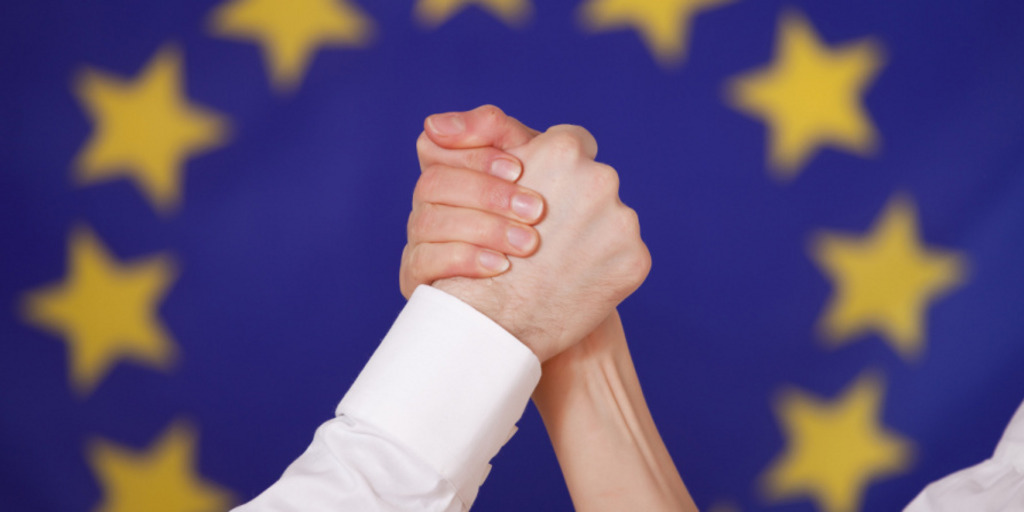The image of a crossroads is often employed in the debate about the future of the European Union. Are we now at a crossroads and are the upcoming elections about choosing between alternative futures? Between more or less Europe? Is that the deeper meaning as Europeans go to the polls?
What is important is that in this, the eighth election held at the European level since 1979, voters have the opportunity for the first time to help determine who will become president of the European Commission. Five of the eight political parties in the European Parliament have candidates running for this office, a key position in Europe's institutional structure. What might the consequences be should this all-important office be occupied for the first time by one of the 751 representatives of the European Parliament?
If that were to happen, the European Union would not automatically become a federal body, and a quasi federalist government at the European level would not automatically result. Similarly, if the heads of state and government were to "take the election results into account" and yet still appoint someone president of the European Commission according to their own preferences, as is their right according to the Treaty of Lisbon, that also would not represent a sea change taking the EU in the direction of a confederation of nations.
Federal body versus confederation of nations? Communal endeavor versus partnership among national governments? The choices about the nature of the EU that voters face in the current elections are hardly that cut and dried.
Historically, the point of departure for the EU was the inevitable conflict among nations constantly reorganizing themselves in various alliances and axes, something that increased their security but also resulted in armed conflict. After World War II, the logical basis for a community of European nations derived from the need for coordinated administration in certain areas (coal and steel production, the internal market). Despite undoubtedly being held together at first by Cold War necessities and the resulting bipolar world order, it has proven to be a robust arrangement – something that became apparent during the most recent crisis.
Society today has taken on a new form, one that reflects its political and cultural diversity. That is why the question is once again being asked about which structural arrangement is most suitable for the EU. The question must also be asked whether the various nationally elected parliaments and the governments formed from them still reflect the current realities of European society and whether they are able to make decisions that ensure the cohesiveness of such a society.
The European Union will, for the time being, remain a combination of federal body and confederation of nations. Over the last seven decades, this fourth level of political decision-making – in addition to the local, regional and national – has established itself and proven its worth.
The EU? Those are the nations that have formed a union and take unified action to shape the common system of values to which their citizens subscribe. And that is why this election is so important.
Henning vom Stein is a senior project manager in the Europe's Future program at the Bertelsmann Stiftung. This assessment is one of the analyses, commentaries and background articles being published by the Bertelsmann Stiftung prior to the European elections. Links to other articles in the series can be found on the right.



